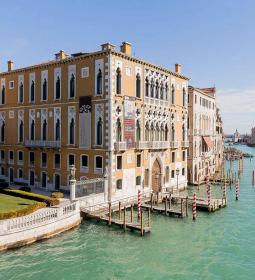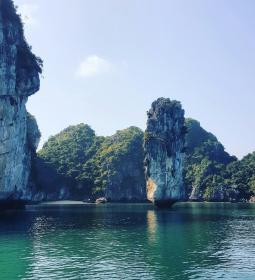If you're planning to apply for a national visa category D to Italy for the purpose of study, there are some aspects you need to know. This type of visa is applicable for both short-term study up to 3 months or for a longer term educational stay in Italy.
The form for visa can be filed by the foreign applicant themselves, a family member who can provide documents verifying the relationship, or by a trustee with a notarized power of attorney from the applicant. Remember to make three copies of your passport.
To apply for the student visa to Italy, you'll need an invitation letter which can be of two types:
- An official invitation from a commercial Italian educational institution and a package of additional information from the list below:
- Chosen educational course
- Number of teaching hours per week (must be at least 20)
- Student residence address
- Dates and duration of the education course
- Confirmation of payment for education course
- Admission certificate to the course (mandatory for acquiring a study visa to Italy, type D)
- Copy of the educational diploma of a foreign applicant
- One-way ticket booking confirmation for long-term visa, round-trip tickets for less than 90 days
- Medical insurance valid in Schengen countries. For short-term, insurance should cover the entire stay; for long-term, coverage for the first month is enough
- Photocopy of your passport's photo page and personal information
- A correctly filled application form with a photo
- Financial guarantee (calculated based on the parameters approved by Italy's Ministry of the Interior)
- Additional educational documents of the applicant such as course completion certificates
- Portfolio, sketches, drawings, letters of recommendation or motivation, if available and applicable for future study
- Foreign passport valid for at least 3 months beyond your departure date from the Schengen area with 2 free pages for the visa. If there are two valid foreign passports, both should be presented
- In addition, you need to provide actual copies of cancelled passports, if applicable.
- An official invitation from an Italian state educational institution and additional information in the form for educational visa is represented by:
The application procedure is similar to the first one, with a few slight differences. For instance, medical insurance for people involved in extreme sports can be arranged in addition to the standard programs, with an insurance amount ranging from 30,000 to 100,000 Euros.
Whether you're applying for a short-term study visa to Italy, or a longer-term educational visa, it's essential to be prepared. Keep in mind that sponsorship for a study visa is not accepted, so you'll need to present financial guarantees like a bank account extract, savings book, traveler's checks, or credit card copy and balance printout.
Remember, if you're applying for a long-term visa, you'll need to provide two sets of documents to the consulate: one with the originals and another with photocopies. An internal passport is also required for the contract conclusion.
So, whether it's for education or tourism, getting a visa to Italy requires careful preparation and attention to detail. It's your passport to an enriching study experience in one of the world's most beautiful countries.










